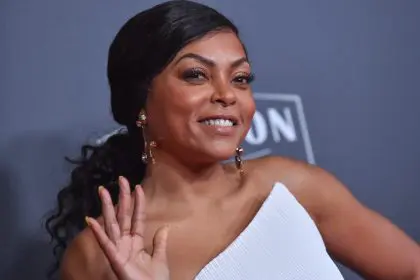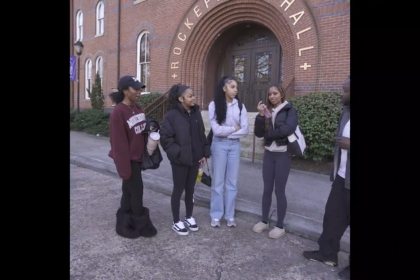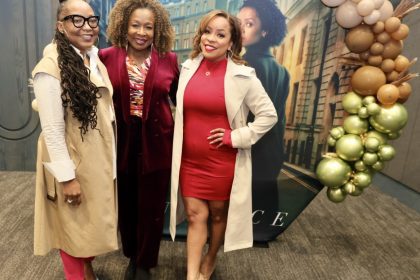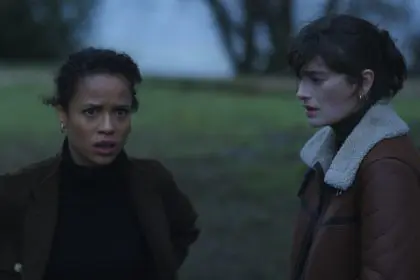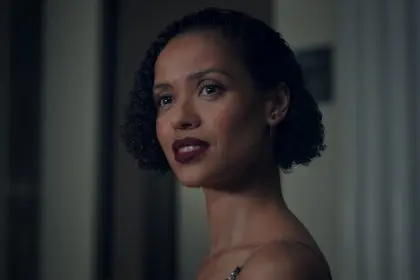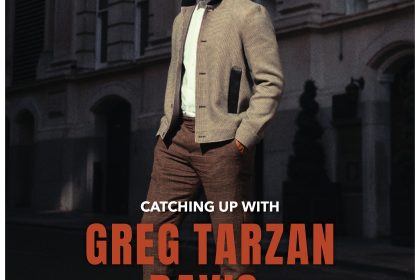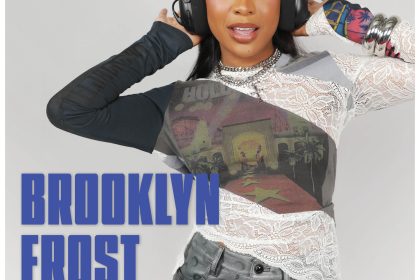
The disadvantage of men not knowing the past is that they do not know the present. History is a hill or high point of vantage, from which alone men see the town in which they live or the age in which they are living.” –Gilbert Keith Chesterton, better known as G.K. Chesterton
Obscurity for her was disgraceful, Dido’s story had to be told.
“In the film, when Dido’s mother dies, making her an orphan at the age of 6, her father claimed her. The profundity of his action is a lesson for all men and women who parent. Admiral Lindsay’s acknowledgement validated Dido despite the British’s traditions of noble social standing. Her privilege was an anomaly for people of color, but it was her birthright.
“Stories like Belle are important and need to be told. [They’re] important to our culture [because] they push us forward,” urges Mbatha-Raw, who was born Gugulethu Sophia Mbatha and is biracial. Her father is South African and her mother is British. “Particularly the ones portraying articulate women; they move our culture further and inspire people.” Gugulethu, a Zulu name for girls, means “our pride.” Mbatha means the cloak of kings.
Asante adds, “I wanted to craft a journey where Dido was a woman who was going from being a woman living in a very protected world to a very uncertain world to a world where she is OK with who she is.”
Her intentions for the film were clear from the beginning. “The only point to being here is to create something that’s positive. For me it was that I wanted to change the narrative for little girls. I didn’t want them to grow up like I did where you never saw anyone like me in the period dramas and sweeping love stories reflective of me [us]. When they were, they were never going to be Gugu’s character. I never again wanted a little brown or black girl to have to go to the cinema and not see themselves in these movies. The great thing about it is I didn’t have to make it up because she really existed … here was this painting [to prove it],” avers Asante. “To compel human beings during this period to be courageous was what Lord Mansfield did and it’s what I wanted to express. I’m all about putting smart women on screen.”
Mbatha-Raw grew up on Jane Austen’s books, watching adaptations of Pride and Prejudice, Sense and Sensibility and Dangerous Liaisons. “These beautiful films were really inspiring for me. What makes this film so contemporary is that it’s a human and universal, coming-of-age story. Hopefully, everyone can relate to the idea of not knowing where you fit in, in life, irrespective of your race or gender. We are often taking selfies [that] we filter and manipulate constantly. At some point in life, we ask are we really comfortable with who we are?” challenges Raw, who was trained at The Royal Academy of Dramatic Art in London and is a gifted thespian who’s portrayed Juliette in the classic Romeo and Juliet.
Asante points out the scene where Dido had to stand up for herself to her potential mother-in-law. “Gugu learned Shakespeare with such proficiency, she’s able draw on that training during that moment, overcoming the ‘South London Curse’ and speak in Old English, expressing a very emotional and vocal moment,” she praises the skilled talent for balancing this traditional story with a contemporary perspective.
Mbatha-Raw is also deeply grateful to Asante, whom she compliments, “To be able to work with Amma on this incredible script who directed me to this Jane Austen world that we were trying to recreate, being able to rehearse with this amazing cast, very experienced thespians, took some piano lessons and do etiquette training with a wonderful etiquette coach named Noelle on the bows, curtsies and the manners of the time … working with them was really a gift.”
The gift keeps on giving. Belle is now available on Digital HD, and on Aug. 26 it will be available on DVD and can be a part of your library.
Story by Yvette Caslin
Photos courtesy of Fox Searchlight







